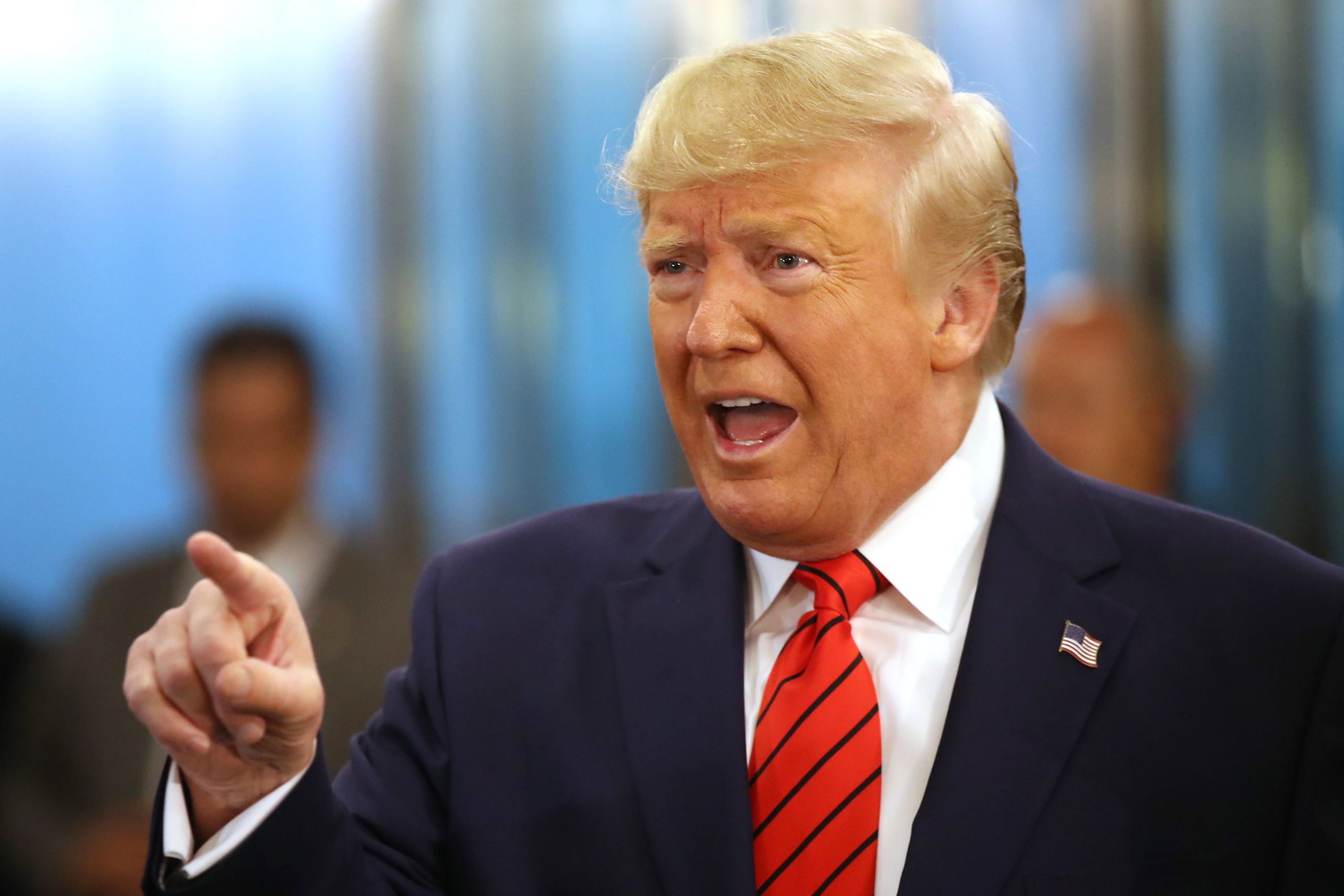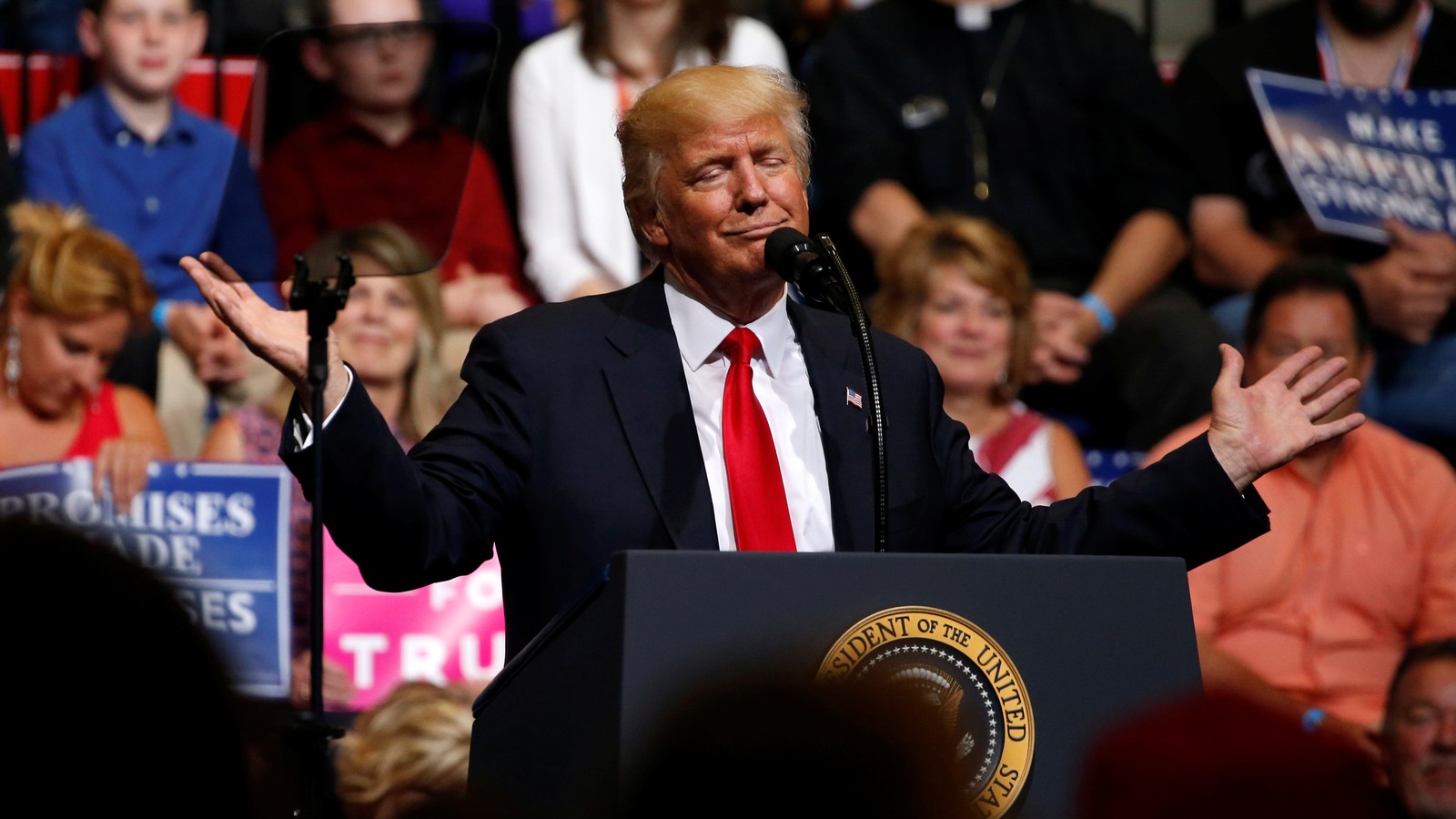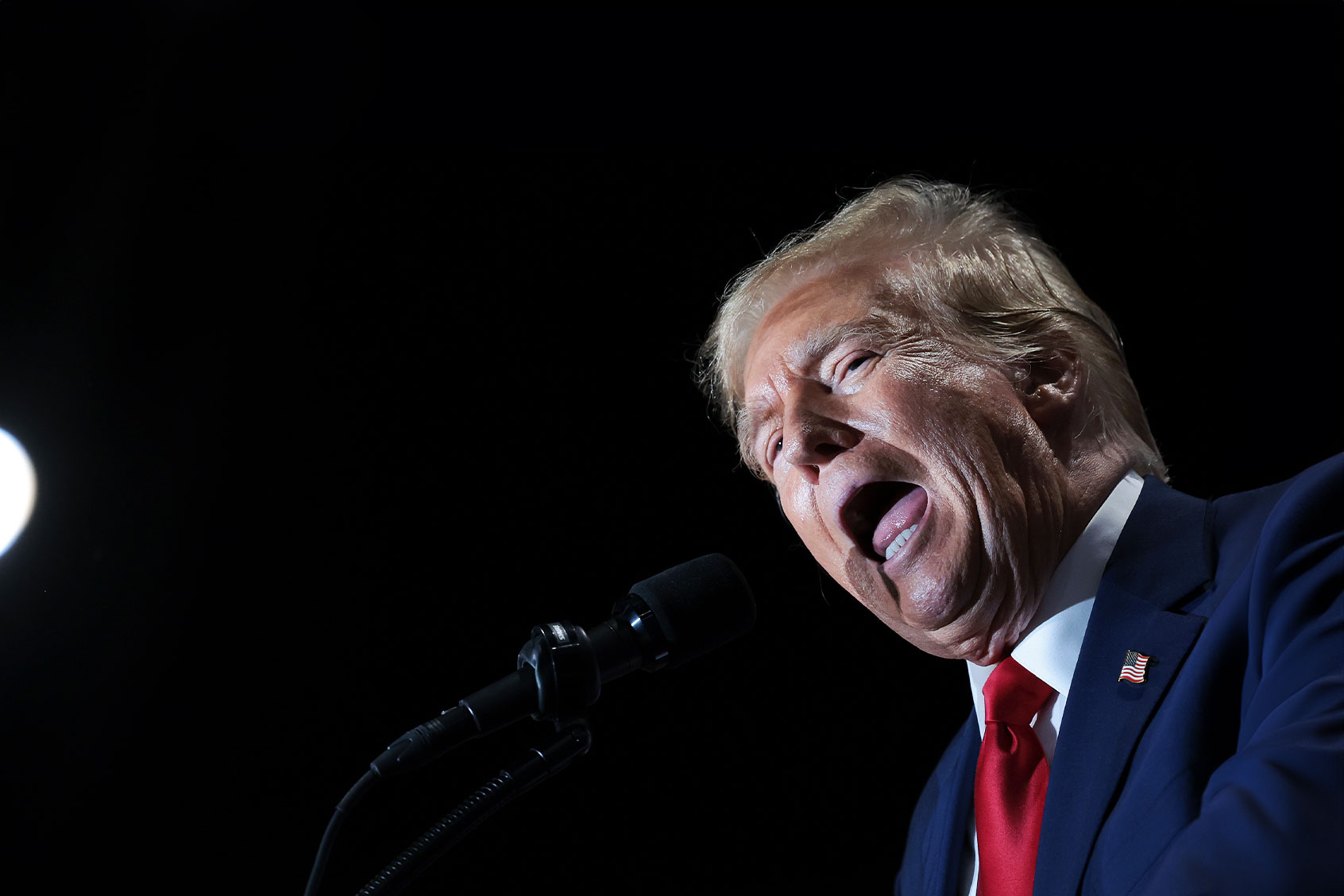When Donald Trump descended that gaudy golden escalator in his ostentatious Fifth Avenue building on June 16, 2015, greeted by lukewarm applause from a group of hired actors, he embarked on a campaign for the presidency with a flurry of disjointed and ill-conceived statements.
Among them, his most memorable declaration that day, ostensibly targeting Mexican immigrants, foreshadowed the tone of his subsequent campaign and presidency:
“When Mexico sends its people, they’re not sending their best. They’re not sending you. They’re not sending you. They’re sending people that have lots of problems, and they’re bringing those problems with [sic] us. They’re bringing drugs. They’re bringing crime. They’re rapists.”
Over time, more Americans have come to accept Trump’s xenophobic assertions regarding immigrants supposedly “bringing” crime, drugs, and rape, along with the unsubstantiated claim of burdening public assistance systems and potentially swaying political demographics. Yet, none of these claims hold factual merit.

Trump (Credits: CNN)
It’s often observed that when an individual consistently warns about negative attributes in others, they may be inadvertently revealing aspects of their own psyche—a phenomenon termed psychological projection. In Trump’s case, his frequent derision of others and fearmongering about perceived threats often seem to reflect his own fears, insecurities, and vindictive tendencies, a pattern recognized by observers over many years.
The assertion that immigrants are responsible for crime and other societal ills has been widely refuted, with evidence often pointing to Trump himself embodying the behaviors he condemns.
Recent revelations have shed light on Trump’s own involvement with drugs, as reports suggest his White House was rife with various medications, including amphetamines, antidepressants, and anti-anxiety drugs. Speculation about Trump’s health, whether due to drug use or dietary habits, continues.
Similarly, Trump’s tendency to mock and criticize others, as seen in his recent jabs at Illinois Governor J.B. Pritzker’s weight, often reflects his own vulnerabilities.
Accusations of financial improprieties and illegal activities have plagued Trump’s business ventures, including cases involving campaign finance violations, attempts to subvert election outcomes, and misuse of funds. Trump’s history of soliciting funds from supporters to cover legal expenses further underscores his precarious financial situation.

Trump (Credits: The Atlantic)
Trump’s inner circle has also faced legal scrutiny and convictions, with senior advisors and campaign staff implicated in various crimes. Allegations of sexual misconduct against Trump have been persistent, with numerous women coming forward with accusations ranging from harassment to assault.
Despite these allegations, Trump’s ascent to the presidency was not hindered, suggesting a troubling tolerance for such behavior among certain segments of the population.
In confronting Trump’s falsehoods and manipulations, the media plays a crucial role in challenging misinformation and promoting truth. However, Trump’s mastery of propaganda tactics, exemplified by his social media platform, underscores the ongoing battle to combat deception and uphold journalistic integrity. As society grapples with the ramifications of Trump’s legacy, it remains imperative to confront and acknowledge uncomfortable truths, lest they be obscured by a tide of falsehoods.
























